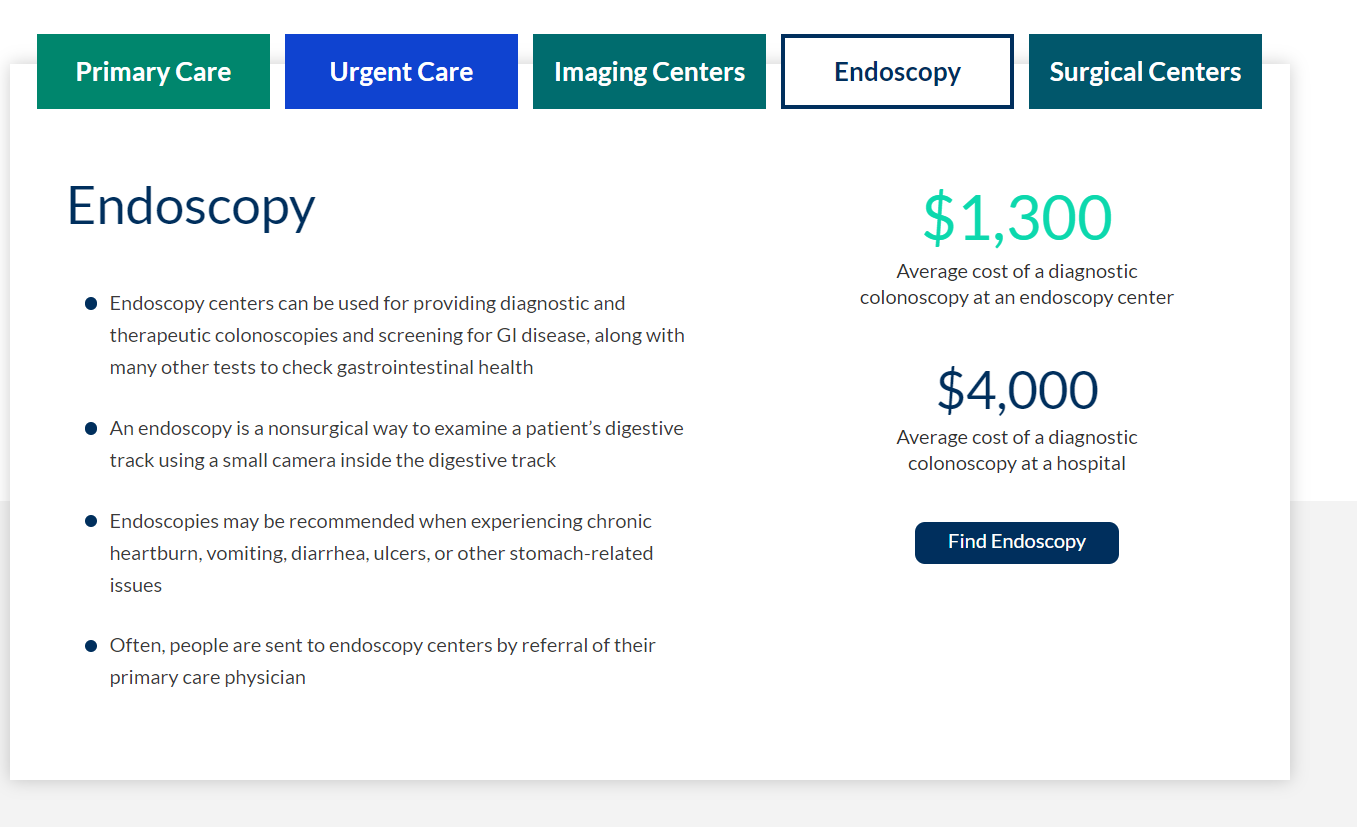Wishing Dads a Healthy Father’s Day
Monday, June 15, 2020
 Celebrate the fathers in your life by encouraging them to make good lifestyle choices, in turn lowering their risk of health complications. According to the CDC, the top two causes of death among men are heart disease and cancer. At SCMA Members’ Insurance Trust, we want our members to feel their best, starting with healthy cholesterol numbers and regular colon check-ups.
Celebrate the fathers in your life by encouraging them to make good lifestyle choices, in turn lowering their risk of health complications. According to the CDC, the top two causes of death among men are heart disease and cancer. At SCMA Members’ Insurance Trust, we want our members to feel their best, starting with healthy cholesterol numbers and regular colon check-ups.
High cholesterol and colon cancer are preventable with healthy lifestyle choices partnered with regular check-ups and age appropriate cancer
screenings.
Here’s 4 ways men can start making changes in their life:
- Don’t smoke
- Limit alcohol consumption
- Eat healthy
- Exercise Regularly
Still have questions concerning regular check-ups and age appropriate cancer screenings? Check out these FAQ’s:
Is it important to check my cholesterol?
Checking your cholesterol levels is an important part of staying healthy. High cholesterol increases your risk of heart disease and stroke. By knowing your cholesterol status, you can stay in control of your health. It’s recommended for adults to test cholesterol every 4 to 6 years. If heart disease or heart attacks run in your family, doctors may recommend screening for high cholesterol more often. There are no symptoms for high cholesterol; the only way to know is to get a test. Learn more about cholesterol on CDC.gov
At what age should men get a colonoscopy?
The American Cancer Society recommends colonoscopies starting at the age of 45 through 75. Between the ages of 76 through 85, it is a personal preference. After the age of 85, it is not recommended.
For more information on colon cancer visit cancer.org
What are the warning signs of colorectal cancer?
A change in bowel habits, such as diarrhea, constipation, or narrowing of the stool, that lasts for more than a few days
- A feeling that you need to have a bowel movement that is not relieved by doing so
- Rectal bleeding
- Dark stools, or blood in the stool
- Cramping or abdominal (belly) pain
- Weakness and fatigue
- Unintended weight loss
What are my test options for colorectal cancer screening?
Stool-based tests
- Highly sensitive fecal immunochemical test (FIT) every year
- Highly sensitive guaiac-based fecal occult blood test (gFOBT) every year
- Multi-targeted stool DNA test (MT-sDNA) every 3 years
Visual (structural) exams of the colon and rectum
- Colonoscopy every 10 years
- CT colonography (virtual colonoscopy) every 5 years
- Flexible sigmoidoscopy (FSIG) every 5 years
Visit the MIT website to see the cost difference for hospital versus ambulatory centers for elective/preventative services such as diagnostic colonoscopies.
What do I need to know about colon polyps?
Finding polyps in the rectum or colon often raises questions for patients and their families. What is the significance of finding a polyp? Does this mean that I have, or will develop, colon or rectal (colorectal) cancer? Will a polyp require surgery?
Some types of polyps (called adenomas) have the potential to become cancerous, while others (hyperplastic or inflammatory polyps) have no chance of becoming cancerous.
When discussing colon polyps, the following points should be considered:
- Polyps are common (they occur in 30 to 50 percent of adults)
- Not all polyps will become cancerous
- It takes many years for a polyp to become cancerous
- Polyps can be completely and safely removed
The best course of action when a polyp is found depends upon the number, type, size, and location of the polyp. People who have an adenoma removed will require a follow-up examination; new polyps may develop over time that need to be removed.
 How much will this cost? Does my plan cover this?
How much will this cost? Does my plan cover this?
Screening colonoscopies are covered under the plan, however, if something is found, such as a polyp, the ‘screening’ benefit no longer applies and turns into a ‘diagnostic’ colonoscopy automatically, which is not covered under the plan. The patient then incurs a bill for that service.
MIT Covered Health Services: from MIT SBD pages 20 and 21 Click here to view.


